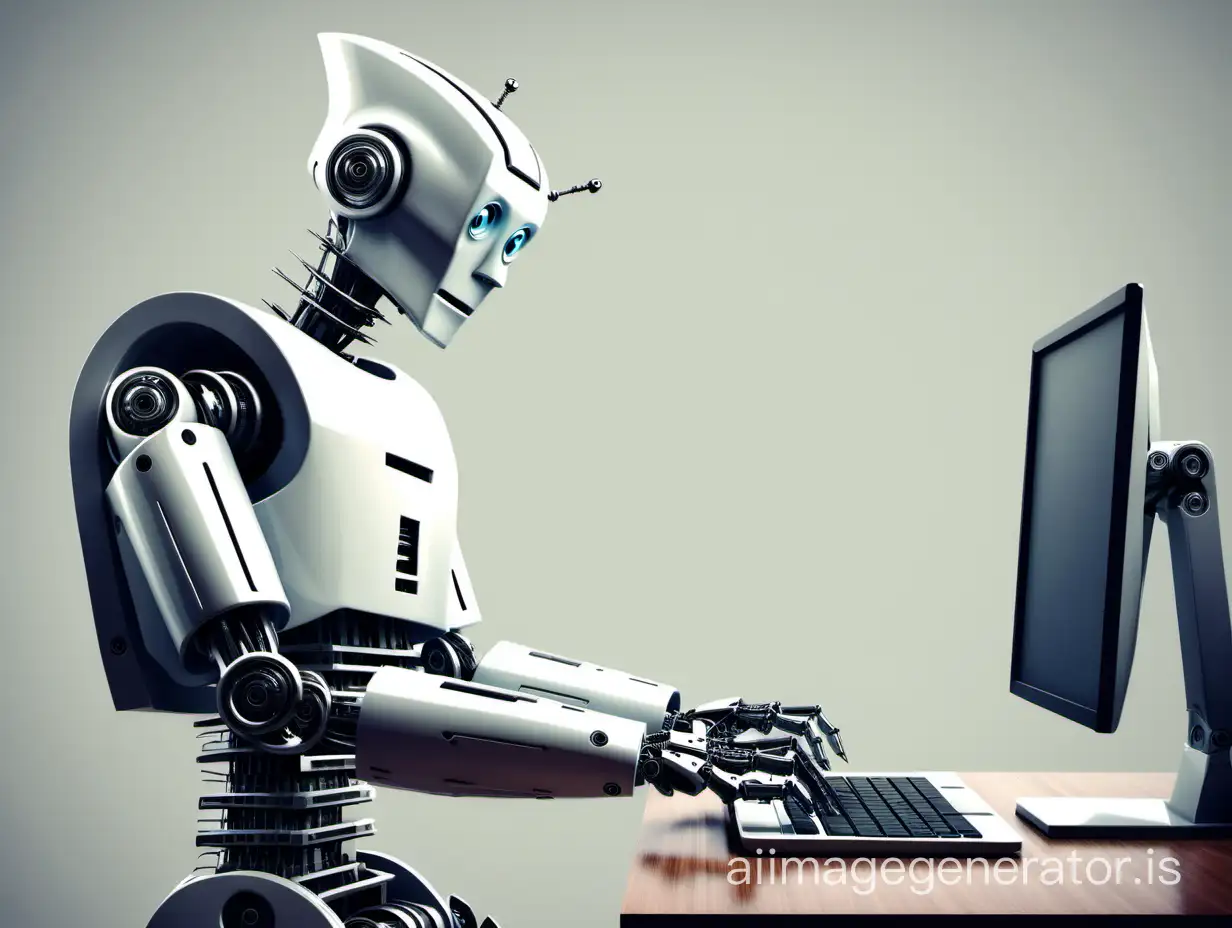Free Digital Identity Image Generator
Just imagine, and we'll instantly return a variety of personalized Digital Identity images—designed to bring your creativity to life!
- 4:3
- 3:4
- 1:1

image.state.default








Related Tags
Digital Identity refers to the online presence and persona created by individuals or entities through various digital interactions and platforms. This encompasses personal information, social media profiles, online behavior, and digital footprints. The concept has evolved with the advent of the internet and advanced technologies, making it a crucial aspect of personal and professional life. Understanding Digital Identity helps in managing privacy, security, and personal branding in the digital age.
Understanding Digital Identity: Definition and Background
Key characteristics of Digital Identity include its dynamic nature, the integration of various data points, and its role in authentication and access control. Applications of Digital Identity span across multiple domains such as online banking, e-commerce, social networking, and digital marketing. Businesses utilize Digital Identities to personalize user experiences, enhance security through multi-factor authentication, and gather insights for targeted marketing. For individuals, managing Digital Identity is essential for safeguarding personal information and maintaining a positive online reputation.
Characteristics and Applications of Digital Identity
Digital Identity significantly influences modern culture, affecting how individuals interact, communicate, and perceive themselves and others. It shapes social dynamics, professional networking, and even political engagement. The rise of social media platforms has amplified the importance of Digital Identity, as people curate online personas to reflect their desired image. This phenomenon has also raised awareness about digital privacy, cybersecurity, and the ethical implications of data collection and usage. Understanding and managing Digital Identity is crucial for navigating the digital landscape effectively.
Impact on Modern Culture: Digital Identity in Everyday Life
The future of Digital Identity is poised for significant advancements with emerging technologies such as blockchain, artificial intelligence, and biometrics. Blockchain promises decentralized and secure management of Digital Identities, reducing the risk of data breaches and identity theft. AI and machine learning algorithms enhance the accuracy and efficiency of identity verification processes. Additionally, biometrics, including facial recognition and fingerprint scanning, are becoming more prevalent in securing Digital Identities. These trends point towards a more secure, user-centric, and seamless digital experience.
Future Development Trends in Digital Identity